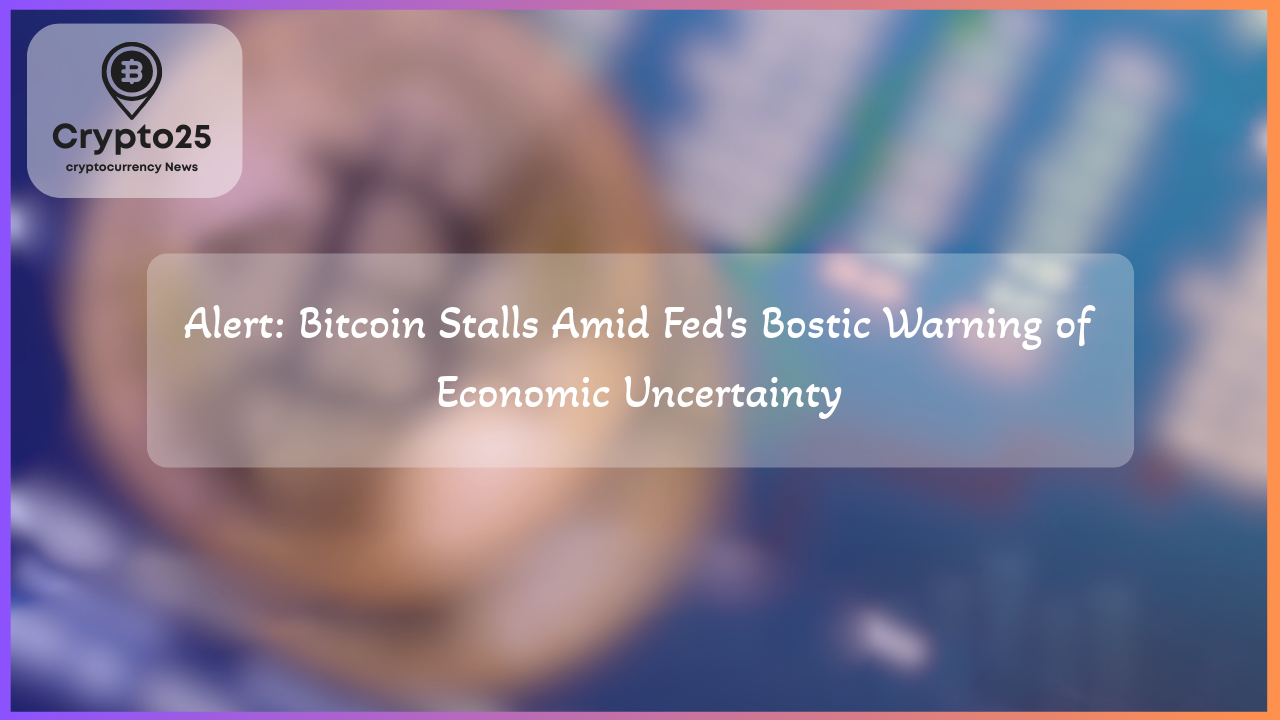
The price of Bitcoin continues to be a hot topic in global financial conversations, especially as external economic and geopolitical factors create waves across global markets. On Tuesday, Bitcoin’s value remained steady at $84,000 as broader financial markets reacted to shifts in U.S. tariff policies. This article explores how these dynamics are unfolding and their implications for the cryptocurrency sector.
## Bitcoin Price Holds Steady Amid Tariff Adjustments
Bitcoin, the largest cryptocurrency by market capitalization, showed resilience by hovering around $84,000 on Tuesday. This stability came despite ongoing uncertainty surrounding adjustments to U.S. tariff policies. Recent statements from the White House suggested potential relief measures for farmers affected by ongoing trade wars initiated by former President Donald Trump. This move seeks to balance strained international relations while addressing the domestic economic impact.
During a press briefing, White House Press Secretary Karline Leavitt mentioned that the administration is engaged with 15 nations to negotiate improved trade agreements. These developments have led to subdued market reactions, reflecting investor confidence in the measures taken to address trade imbalances. Similarly, traditional markets, including the S&P 500 and Dow Jones, showcased minimal movement, drawing parallels to the calm observed in the cryptocurrency sector.
## Altcoin Performance Suggests Mixed Trends in Crypto Markets
While Bitcoin remained near the $84,300 mark—a modest 0.6% decline in 24 hours—Ethereum encountered a sharper drop of 1.8%, closing around $1,600. Solana followed suit, with its value slipping 1.6% to around $128. The trends in these leading digital assets highlight the mixed performance across the cryptocurrency landscape amidst a broader atmosphere of economic uncertainty.
This trend aligns with Wall Street’s quiet day, where the S&P 500 slipped by 0.02% and the Nasdaq gained a small 0.07%. Investors are increasingly focused on how global economic policies might impact crypto assets, particularly in light of rising inflationary concerns and shifting market dynamics. Despite signs of inflation cooling—such as a 2.4% rise in the Consumer Price Index for the year ending in March—economic experts remain cautious about long-term implications.
## U.S. Tariffs and Their Implications for the Crypto Sector
One of the core debates in economic circles remains how U.S. tariffs, particularly those against China, create ripple effects across industries—from traditional markets to decentralized assets like Bitcoin. Notably, analysts from Yardeni Research observed that while these tariffs provide inflationary counterbalances, they may also pose risks to economic growth. This uncertainty has sparked debates within the cryptocurrency community about how such policies might shape digital asset prices in the months ahead.
Furthermore, the discussion around the U.S. Strategic Bitcoin Reserve has added another layer of intrigue. According to Bo Hines, executive director of the Presidential Council of Advisers on Digital Assets, the reserve could potentially be expanded through revenue generated from tariffs. This initiative, although in its early stages, raises questions about how governmental policies could shape Bitcoin adoption and long-term price movements.
| Title | Details |
|---|---|
| Market Cap | $1.2 Trillion |
The rollout of the Strategic Bitcoin Reserve earlier this year initially spurred optimism among investors, but recent market fluctuations and tariff controversies have dampened enthusiasm. Bitcoin has struggled to surpass the $90,000 milestone in the past month, reflecting lingering uncertainties.
## Moving Forward: Interest Rates and Cryptocurrency Trajectories
As market participants keep a close eye on the Federal Reserve’s stance on interest rates, the interplay between fiscal policies and cryptocurrency trajectories remains a focal point. Earlier projections indicated potential interest rate cuts, but policymakers like Raphael Bostic, president of the Federal Reserve Bank of Atlanta, advise caution, emphasizing the need for further data to guide decisions.
The cryptocurrency market’s stability hinges on how these ongoing economic measures evolve. For now, Bitcoin’s ability to hold its value amid pressures from tariffs and traditional market adjustments speaks to its status as a resilient asset in turbulent times. Investors, however, remain watchful, understanding that the path forward depends on the complex intersection of global economics and cryptocurrency innovation.
